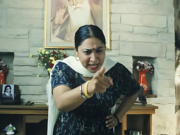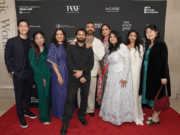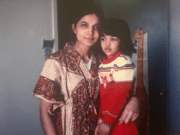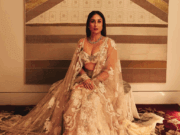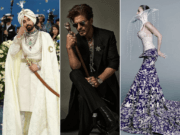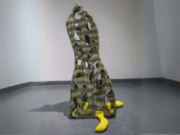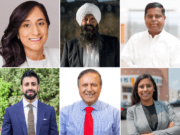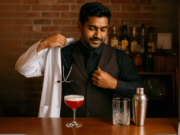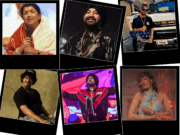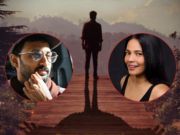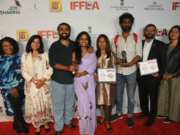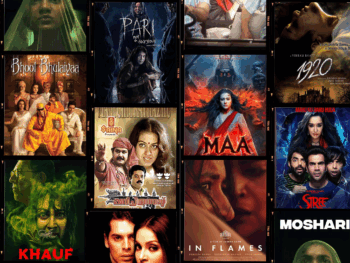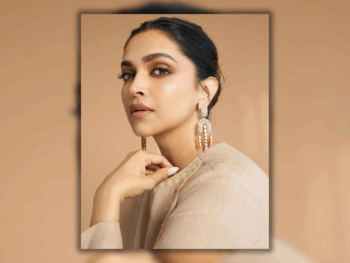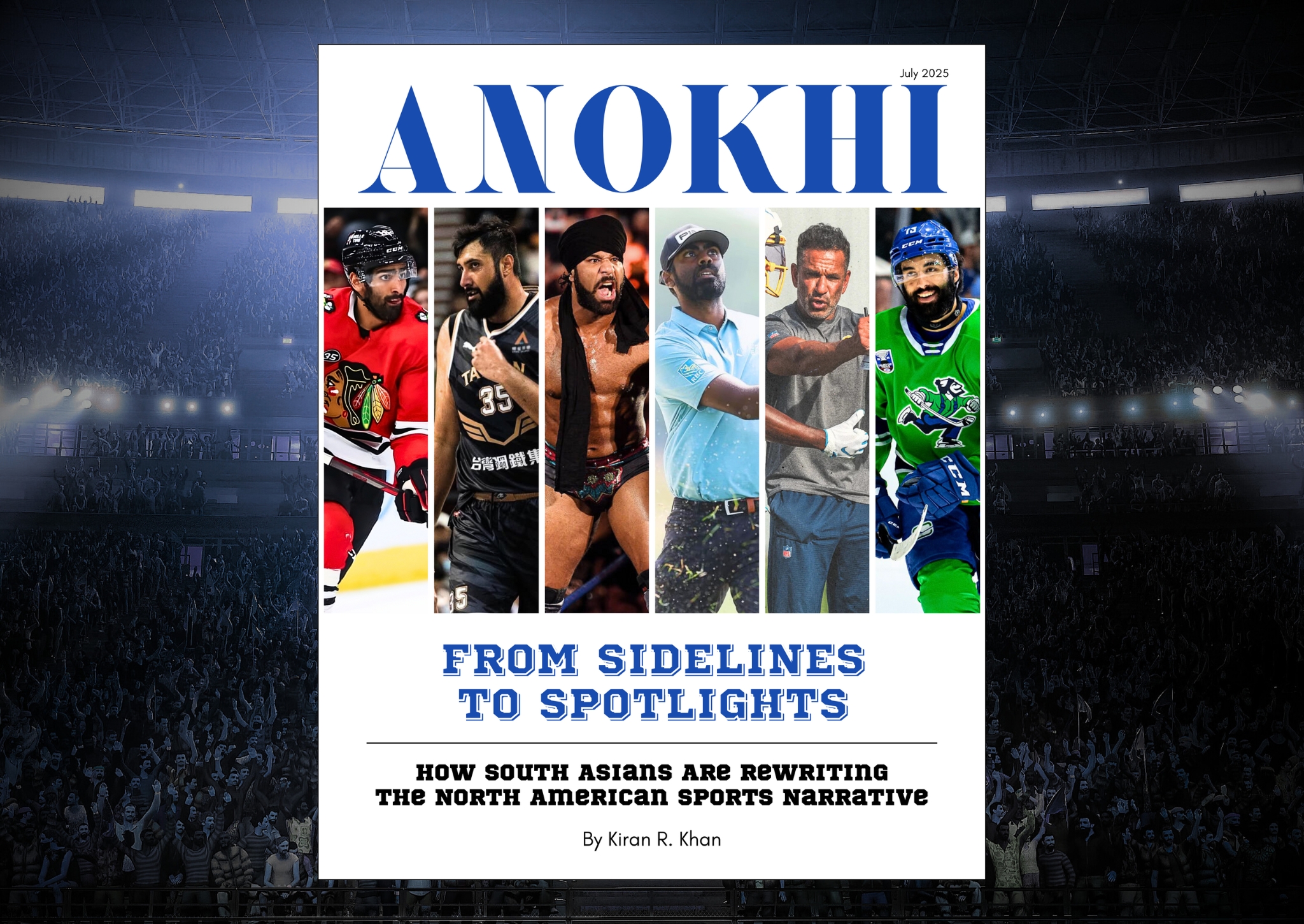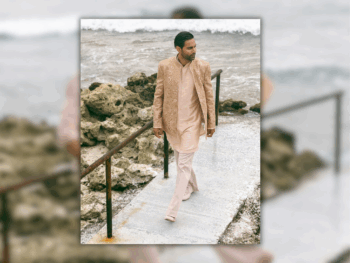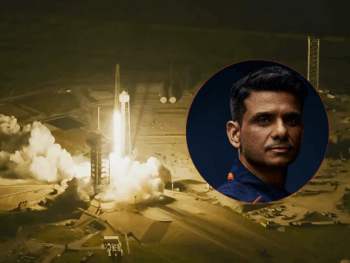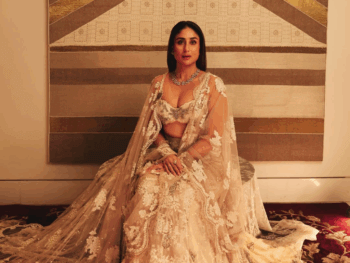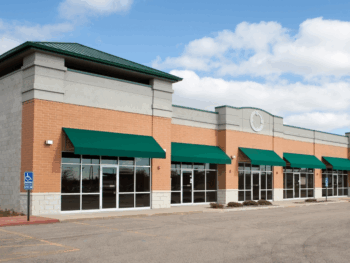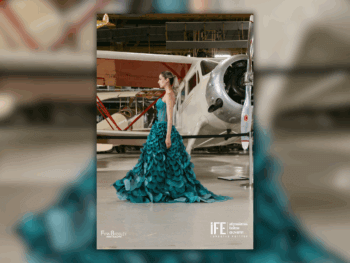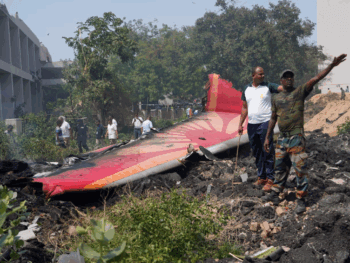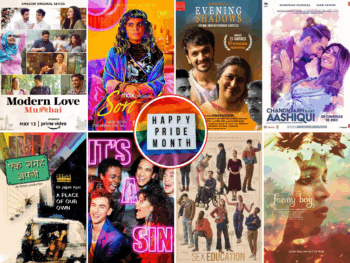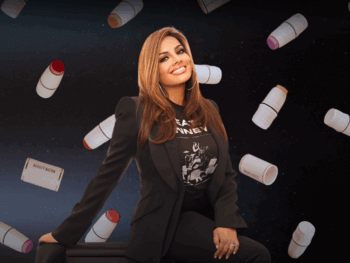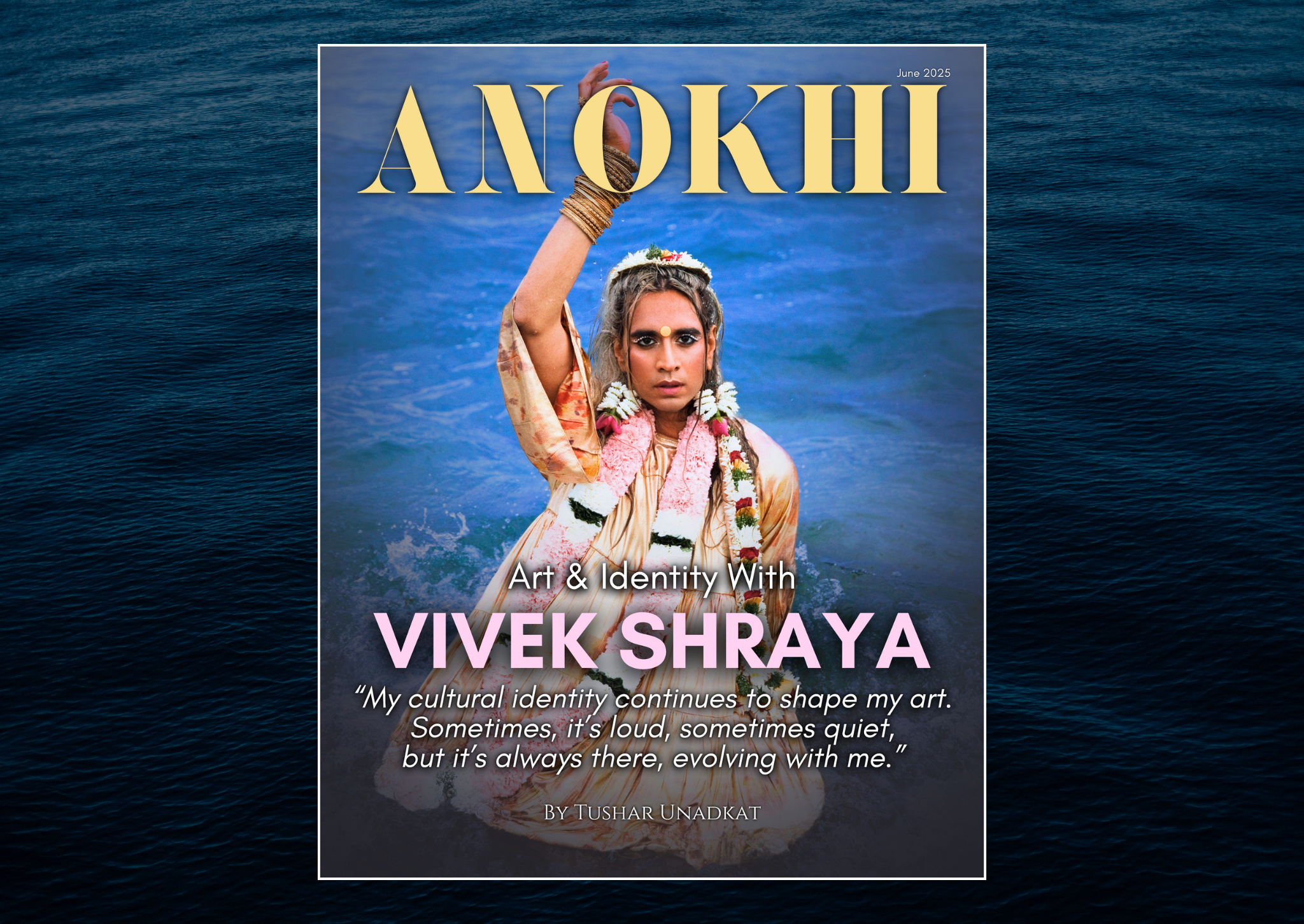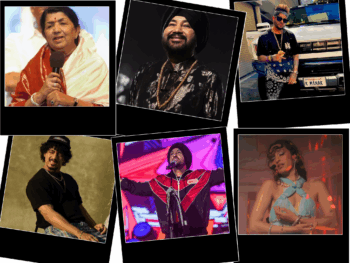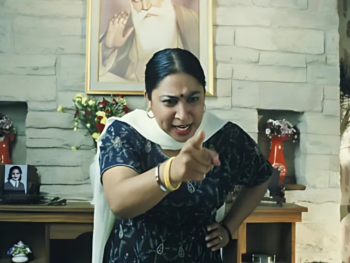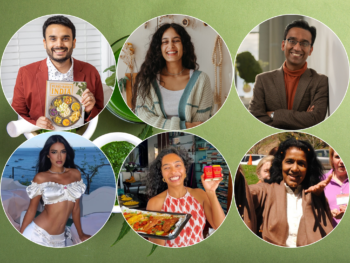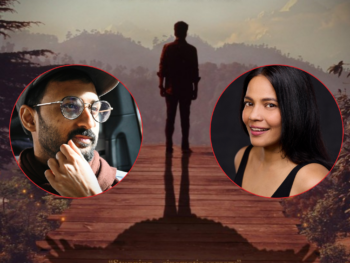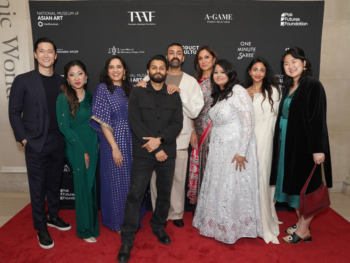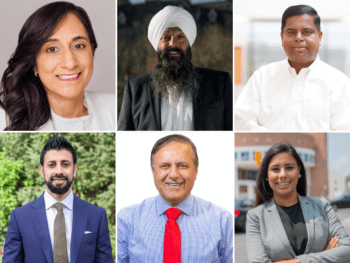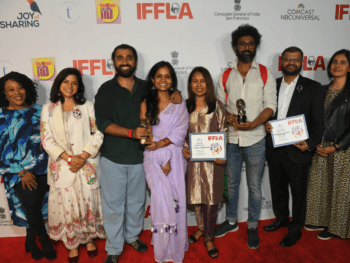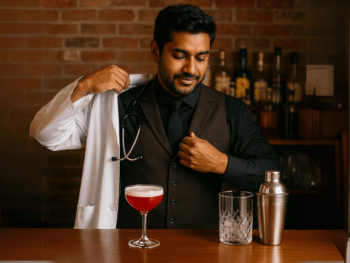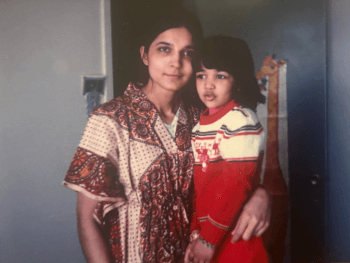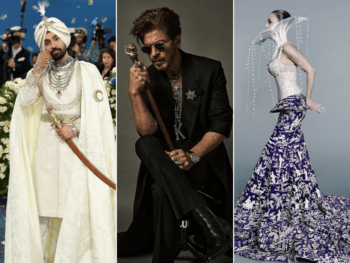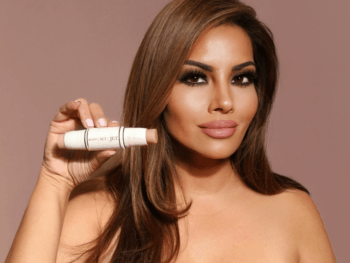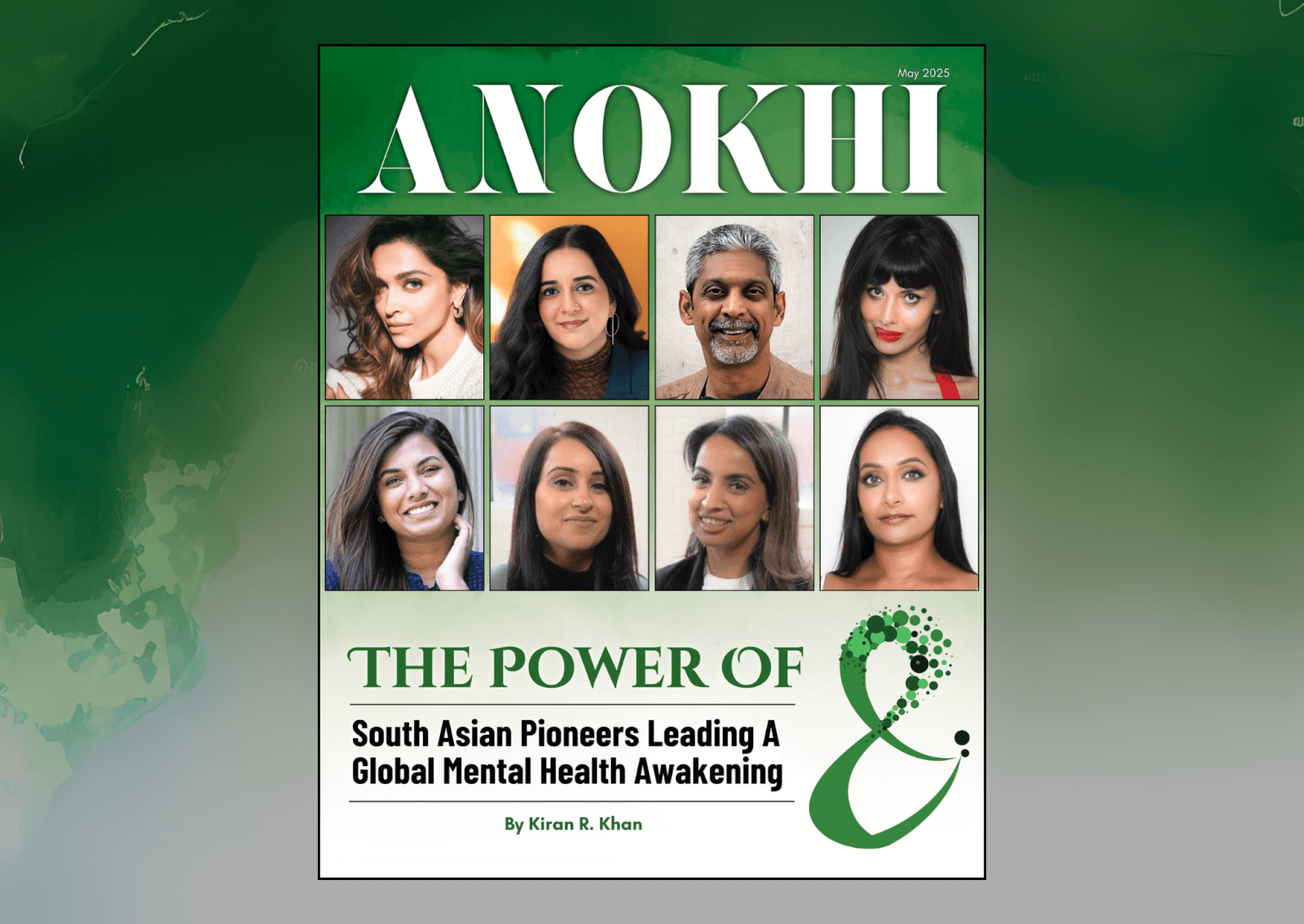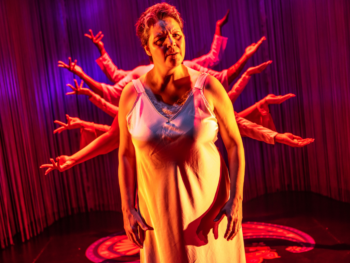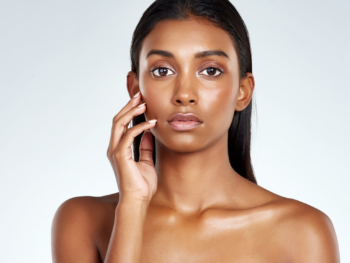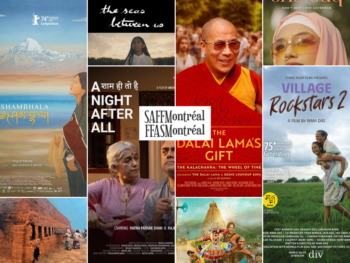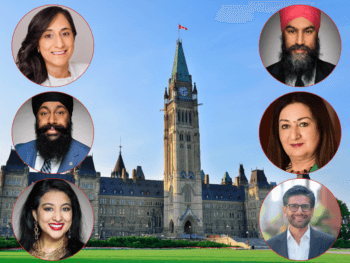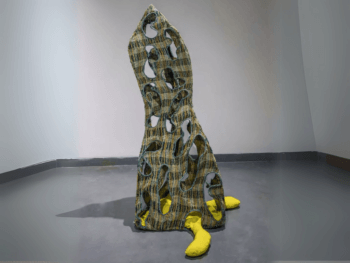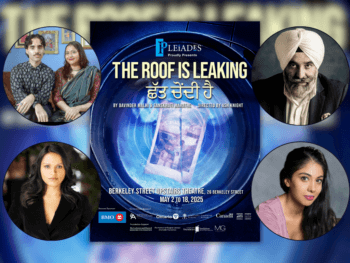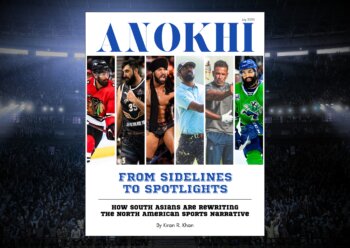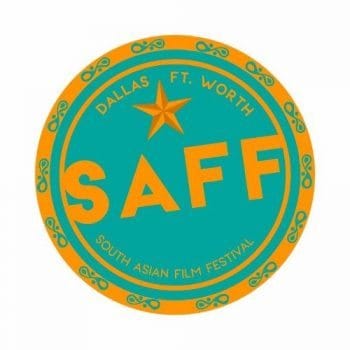
Dallas Fort-Worth is the new cinematic hub of South Asian films thanks to DFWSAFF — a young and thriving film festival.
Dallas Fort-Worth’s population is just over six million, with Asians making up less than 10 per cent of the total number of residents, according to recent statistics. However, organizers of the Dallas-Forth Worth South Asian Film Festival (DFWSAFF) say there’s a real market to promote the perspectives and voices of the South Asian community because they are one of the largest growing minority groups in the United States. In fact, Dallas is home to the fifth largest group of South Asians in America. But it wasn’t only South Asians who came out to watch the 20 shorts, documentaries and features that were part of the festival’s line-up; an estimated 25 per cent of the audience were from other backgrounds and cultures.
Proof of that was this year’s attendance of 1,200 at the DFWSAFF, in addition to the many walk-ins over the course of the three-days. Some shows — during the March 3rd thru 5th run — even had to be moved to bigger venues to accommodate all the people who showed up to see the films’ that explored issues affecting both North American South Asians, as well as those living thousands of miles away in their home countries.

The DFWSAFF tries to move beyond the cookie-cutter Bollywood blockbuster of boy meets girl, boy falls for girl and all the drama that follows. Instead, organizers travel to the many film fests across the globe and hand-select smaller, independent films they think will resonate with the Dallas-Fort Worth community. “These are films that need to be seen and shared within our community,” says the event’s artistic director, Ambica Dev. And that sense of unity is vital in the wake of United States President Donald Trump’s tough stance on immigrants. Dev says the current political climate in the States forced one film producer to cancel his appearance when Muslim members of his team were denied Visas’ to the United States.

Religious intolerance, which seems to be plaguing society these days, was the opening night flick’s theme. A Billion Colour Story is about a half-Hindu, half-Muslim boy who lives in India, constantly surrounded by hate through no fault of his own. Still, the 12-year-old naively believes everyone should get along. The movie begs the obvious question if a child can come to this realization, why can’t adults? A question that definitely struck a chord with the audience, who festival staff noticed were deeply moved by the film. “Race and immigration have, unfortunately, become such hot-button issues […], and if a schoolboy can navigate through these topics in a film, we certainly hope our governments can attempt to do the same,” says Jitin Hingorani, the festival director.


Another highlight of the 2017 festival, the Indo-Pak line-up, which was created to mark the 70th year of independence for India and Pakistan. Both countries have had a long and bitter history, and this was the first time in its three-year run that the DFWSAFF showcased films from both countries in one block. The films Silvat, Lala Begum and Guddu Engineer were produced by Zeal for Unity. A special project that has brought together an equal number of filmmakers from India and Pakistan who make films in an effort to try and initiate peace between the countries. The Journey Within also fit in well with the Indo-Pak theme, with the director making the trip all the way from Islamabad to answer questions about his documentary, featuring Pakistani musicians.

Throughout the festival, the aim was to open filmgoers eyes to the plight of a certain group — including those in the lesbian, gay, bisexual, transgender and queer (LGBTQ) community. Calling this year’s LGBTQ features “stellar,” Hingorani says a lot of South Asian festivals tend to shy away from same sex issues, but at the DFWSAFF they want to show their audience that there is a very visible LGBTQ population out there, some of whom are making great films that may not have had an outlet before.
Lastly, women empowerment closed out the festival. Anath Mahadevan’s Marathi documentary Doctor Rakhmabai dove into the story of India’s first practicing female doctor, with Tannishtha Chatterjee taking on the lead role. The story went through Rakhmabai’s journey of rebelling against societal norms to start the Red Cross movement in India, and eventually becoming a medical pioneer and paving the way for the fight against gender discrimination.

Each year, not only does the DFWSAFF audience get bigger, but it seems like the diversity of the content screened grows as well. So with the success of the 2017 edition of the film festival under their belts, organizers are looking ahead. Hingorani says all the positive feedback has inspired him to aim even higher next year. Planning is already in full swing, with bigger venues being eyed for the opening night movie, as well as securing films from other parts of South Asia.
Main Image Photo Credit: DFWSAFF
Hina P. Ansari
Author
Hina P. Ansari is a graduate from The University of Western Ontario (London, Ontario). Since then she has carved a successful career in Canada's national fashion-publishing world as the Entertainment/Photo Editor at FLARE Magazine, Canada's national fashion magazine. She was the first South Asian in...
COMMENTS
YOU MAY ALSO LIKE
Newsletter Sign Up
Subscribe to our FREE newsletter for all of the latest news, articles, and videos delivered directly to your inbox each day!




